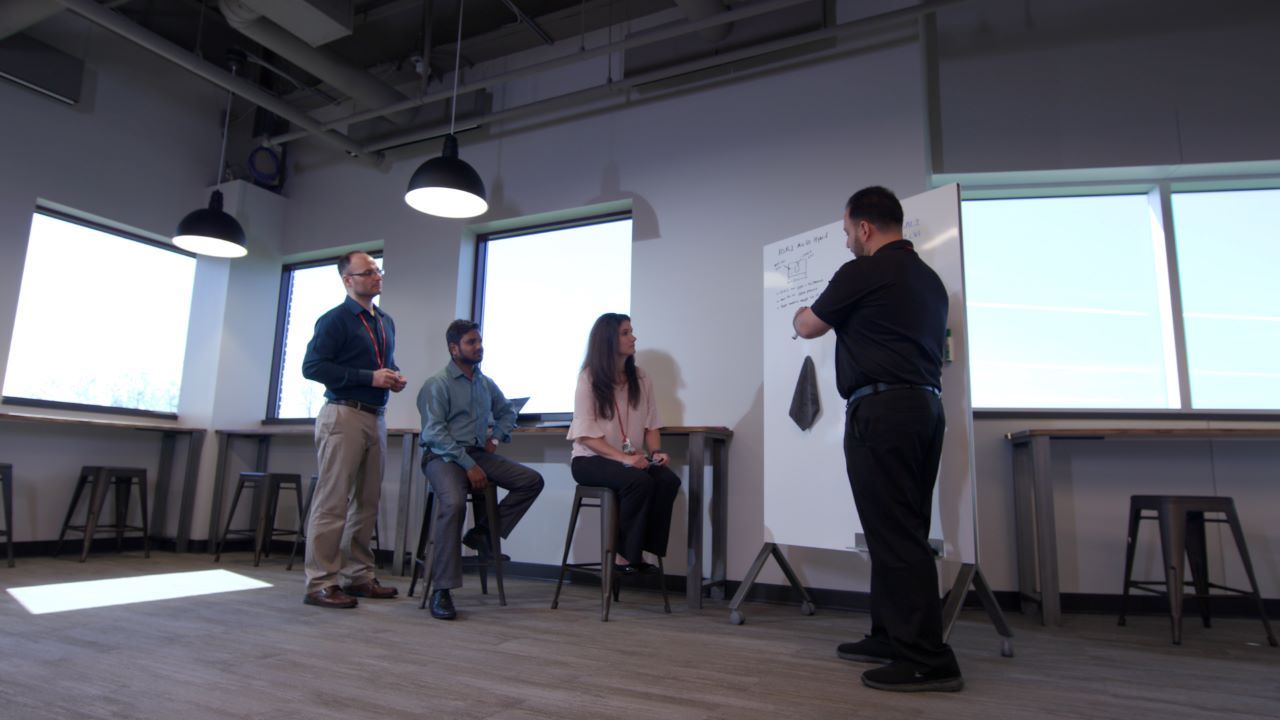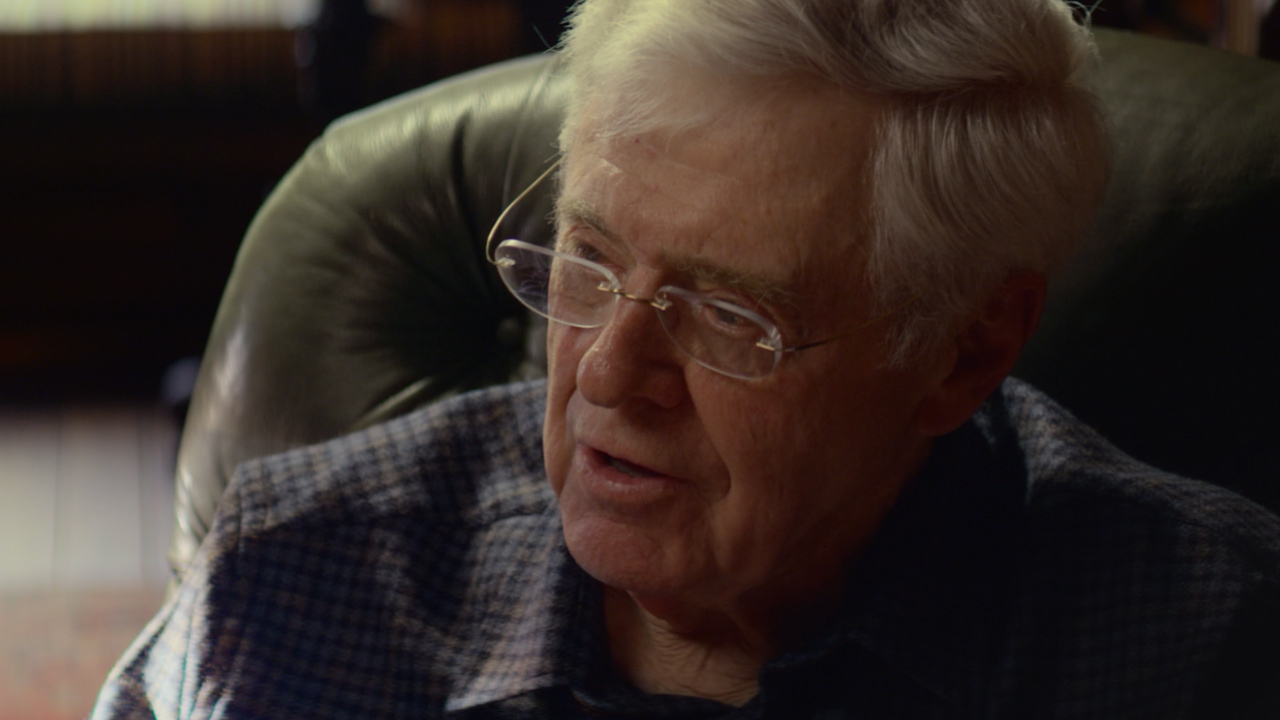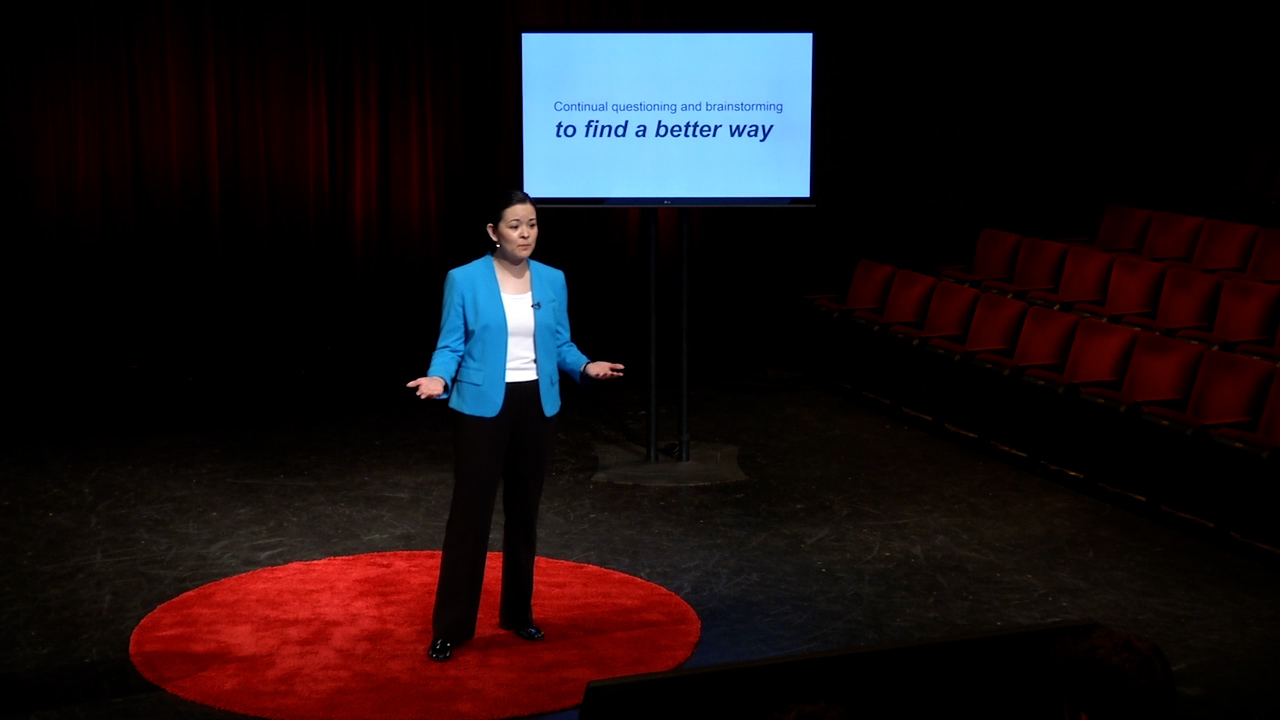原理简述
Our approach to challenge utilizes Karl Popper’s view of the scientific method which he called “Science as Falsification”: After developing a theory, strive to disprove or find flaws in it, rather than trying to defend or justify it. As Popper said: “Every genuine test of a theory is an attempt to falsify it, or to refute it. It is easy to obtain confirmations, or verifications, for nearly every theory – if we look for confirmations.”
Truth is not what an expert or someone in the hierarchy declares is true. Truth is what stands the tests of evidence and criticism. To discover the truth, we encourage challenge – continual questioning and brainstorming to find a better way. Challenge is an opportunity to learn, not a chance to kill another person’s idea or show off.
A quality challenge requires having the courage and willingness to respectfully question anyone’s (especially leaders’) decisions, actions, proposals or ideas. Challengers need to participate with intellectual honesty in the spirit of constructive improvement and solutions, rather than opposing something because it was “not invented here.” They also need to make clear that they are challenging the idea, not the person.
A challenge process is essential for important decisions. This may occur at a formal meeting where people with different aptitudes and expertise — those with knowledge about the key drivers of success — discuss, brainstorm and improve outcomes. But knowledge sharing and challenge can and should also happen in informal settings, such as one-on-one discussions, casual conversations or small group meetings.
To drive creative destruction internally, nothing and no one can be immune to challenge. Supervisors at every level must help foster an open environment that invites challenge and embraces change. They can solicit challenge by asking open-ended questions such as “What are we missing here?” or “Is there a better way to do this?” or “What is possible if we fully applied our principles?”
If you find that your views are rarely challenged, perhaps you are giving the impression that challenge is not welcome. No matter your role in the company, you are obligated to actively seek knowledge and alternative points of view and to proactively share your knowledge and challenge so others can benefit. Doing so helps make challenge a normal and natural way of working, which is vital to our long-term success.
更好地理解它
例子
我们可以从原则应用良好、应用错误或根本没有应用的例子中学习。
- 提供挑战
- 接受挑战
试一试
这些原则的力量是通过应用来实现的。申请时学习是无可替代的。
- 请某人就您正在做的事情向您提供反馈。
- 如果您正在开会,请提出问题或提出想法。
- 在讨论过程中,确保每个人都有机会畅所欲言——邀请一直保持沉默的人分享他们的想法。
- 请某人集思广益,解决您的问题。
- 与其问别人是否同意,不如让他们提出替代方案,或者问他们一些问题,比如“我错过了什么?
- 与您的主管合作,确定您可以更主动地提供和/或邀请挑战的领域。
- 当有人提出真正不同的想法/建议时,我们的团队会如何反应?我们能做些什么来让提供想法变得更容易?
- 我们什么时候行动太快,没有花时间去挑战?将来我们应该怎么做才能避免这种情况?
- 我们什么时候把一些事情称为挑战,但它不是本着寻找更好方法的精神完成的?如果我们以不同的方式处理事情,会发生什么?
- 作为一个团队,我们可以做哪些事情来更有效地应对挑战?



